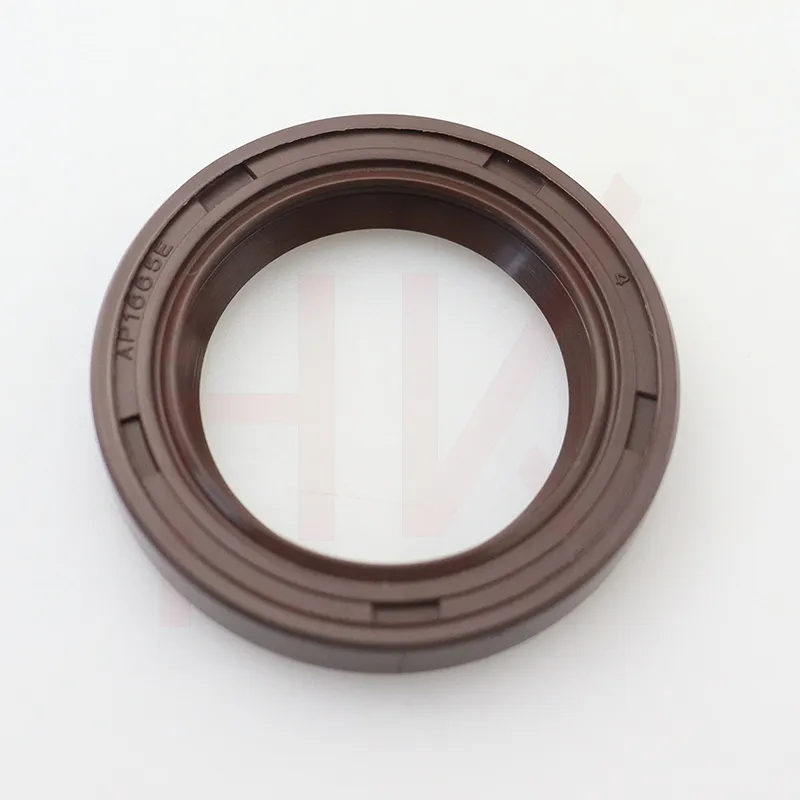Dec . 04, 2024 09:54 Back to list
Cylinder Oil Seal Essential Components for Engine Performance and Leakage Prevention
Understanding Cylinder Oil Seals Importance, Types, and Applications
Cylinder oil seals play a critical role in maintaining the integrity and efficiency of various machinery and automotive components. These seals are essential for preventing the leakage of oil and other fluids from the cylinders, ensuring optimal performance and longevity of engines and other rotating equipment. This article explores the importance of cylinder oil seals, the different types available, and their various applications.
The Importance of Cylinder Oil Seals
Cylinder oil seals serve as barriers, preventing the loss of lubricant and the ingress of contaminants into sensitive areas of machinery. Leakage of oil can lead to several detrimental effects, including reduced efficiency, increased wear and tear, and potential damage to internal components. In automotive engines, oil leakage not only affects the engine's performance but can also lead to environmental issues due to oil spills.
Moreover, effective sealing is crucial for maintaining pressure within a system. High-pressure conditions are often present in engines and hydraulic systems, and any compromise in seal integrity can result in catastrophic failures. Therefore, the role of cylinder oil seals extends beyond mere leakage prevention; they are vital for the overall operational efficiency and reliability of various machines.
Types of Cylinder Oil Seals
There are several types of cylinder oil seals, each designed to meet specific requirements and operating conditions. The most common types include
1. Lip Seals These are the most prevalent type of oil seal, featuring a flexible lip that creates a tight seal against the shaft. Lip seals are effective in preventing the escape of oil and can accommodate some level of shaft misalignment.
2. V-Rings V-rings are another popular choice, particularly for rotary applications. They are designed to provide effective sealing even in contaminated environments. They can withstand moderate pressure and are often used in conjunction with other sealing solutions.
3. X-Rings X-rings are similar to O-rings but have a distinctive cross-section that provides improved sealing performance. They can handle high pressures and are suitable for dynamic applications where movement occurs.
4. U-Cups These seals are used in hydraulic applications where they can retain fluid effectively while allowing for high-pressure environments. Their U-shaped design helps maintain a tight seal, reducing the risk of wear over time.
cylinder oil seal

5. Mechanical Seals Used in more complex applications, mechanical seals are designed to accommodate high pressures and temperatures. They consist of two opposing faces that create a seal to prevent fluid leakage.
Applications of Cylinder Oil Seals
The applications of cylinder oil seals are vast and varied, spanning multiple industries. Some common applications include
1. Automotive Cylinder oil seals are critical in automotive engines, where they prevent oil from leaking out and ensure that contaminants do not enter. This helps maintain engine health and performance.
2. Hydraulic Systems In hydraulic machinery, oil seals prevent fluid leakage, which is essential for maintaining system pressure and ensuring efficient operation. This is particularly important in construction and agricultural equipment.
3. Industrial Machinery Many types of machines, from manufacturing equipment to pumps and compressors, rely on oil seals to function properly. They help keep oil in and contaminants out, which is crucial for longevity and efficiency.
4. Marine Applications In marine engines and equipment, oil seals play a vital role in preventing leaks in harsh environments, ensuring that machinery operates reliably even in challenging conditions.
5. Aerospace The aerospace industry requires highly specialized seals that can withstand extreme conditions. Cylinder oil seals in this sector must meet rigorous standards for performance and reliability.
Conclusion
Cylinder oil seals are an indispensable component in numerous mechanical systems, ensuring efficiency, reliability, and longevity. Understanding the various types and their applications can help engineers and technicians make informed decisions when it comes to selecting the right sealing solutions. As machinery continues to evolve, the development of advanced materials and designs for cylinder oil seals will undoubtedly enhance their performance and adapt to the increasingly demanding environments in which they operate. Thus, investing in quality cylinder oil seals is imperative for those who seek to optimize the functionality and reliability of their equipment.
-
TCN Oil Seal Metal Ring Reinforcement for Heavy Machinery
NewsJul.25,2025
-
Rotary Lip Seal Spring-Loaded Design for High-Speed Applications
NewsJul.25,2025
-
Hydraulic Cylinder Seals Polyurethane Material for High-Impact Jobs
NewsJul.25,2025
-
High Pressure Oil Seal Polyurethane Coating Wear Resistance
NewsJul.25,2025
-
Dust Proof Seal Double Lip Design for Construction Equipment
NewsJul.25,2025
-
Hub Seal Polyurethane Wear Resistance in Agricultural Vehicles
NewsJul.25,2025
-
The Trans-formative Journey of Wheel Hub Oil Seals
NewsJun.06,2025
Products categories
















